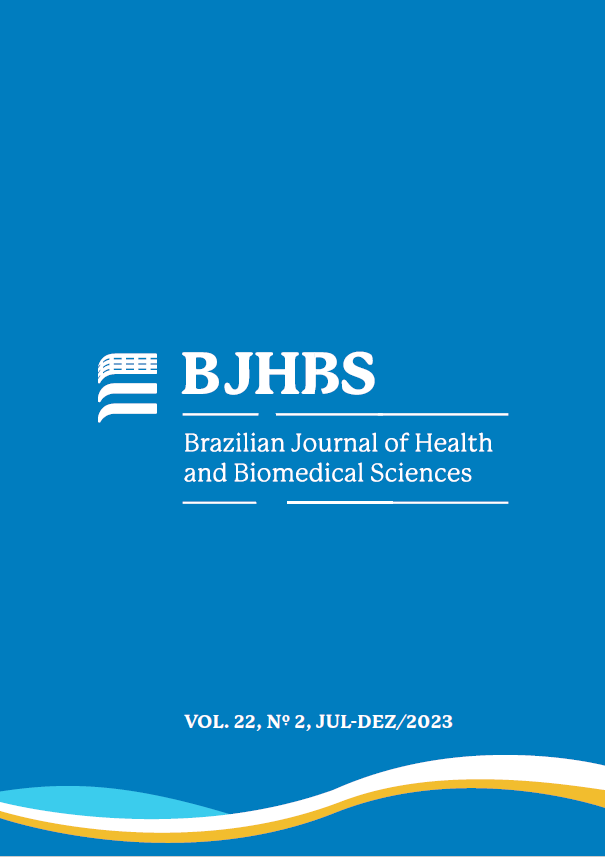Prevalence of vitamin D deficiency in children with sickle cell anemia: a systematic review
DOI:
https://doi.org/10.12957/bjhbs.2023.80047Abstract
Introduction: Sickle cell anemia is a highly prevalent genetic disease in the Brazilian population, mainly present in black ethnic groups from slave migration, as well as from the miscegenation process. It is a disease of clinical expression of the homozygosity of the hemoglobin S gene, which may be a genetic and/or hereditary disease, caused by the replacement of the normal residue of glutamic acid by the amino acid valine in the sixth position of the polypeptide chains of the beta-globin protein, generating biochemical alteration in the hemoglobin S molecules, which polymerize inside the erythrocyte and transform into a sickle cell. The possible lack of vitamin D may be linked to disease processes, as well as to the individual's painful crises. Objectives: To analyze whether or not there was a prevalence of vitamin D deficiency in children with sickle cell anemia, through a systematic review. Methodology: A systematic review was carried out by searching for original articles in the scientific databases: Pubmed, Science Direct, Lilacs and Scielo in the languages: English and Portuguese. Results: It was found that out of 10 articles, 8 showed the prevalence of vitamin D deficiency (< 20 ng/ml) in children with sickle cell anemia. Conclusion: The prevalence of vitamin D deficiency was high in patients with the disease, so that its supplementation may serve as a means of assisting in the treatment to improve the condition and prevent deficiency. However, more targeted studies with this association and/or intervention are needed to have more concrete results.
Downloads
Downloads
Published
How to Cite
Issue
Section
License

This work is licensed under a Creative Commons Attribution-NonCommercial 4.0 International License.
After the final approval, authors must send the copyright transfer agreement signed by the first author representing each additional author. In this agreement must be stated any conflicts of interest.
Brazilian Journal of Health and Biomedical Sciences de http://bjhbs.hupe.uerj.br/ is licensed under a License Creative Commons - Attribution-NonCommercial 4.0 International. 

